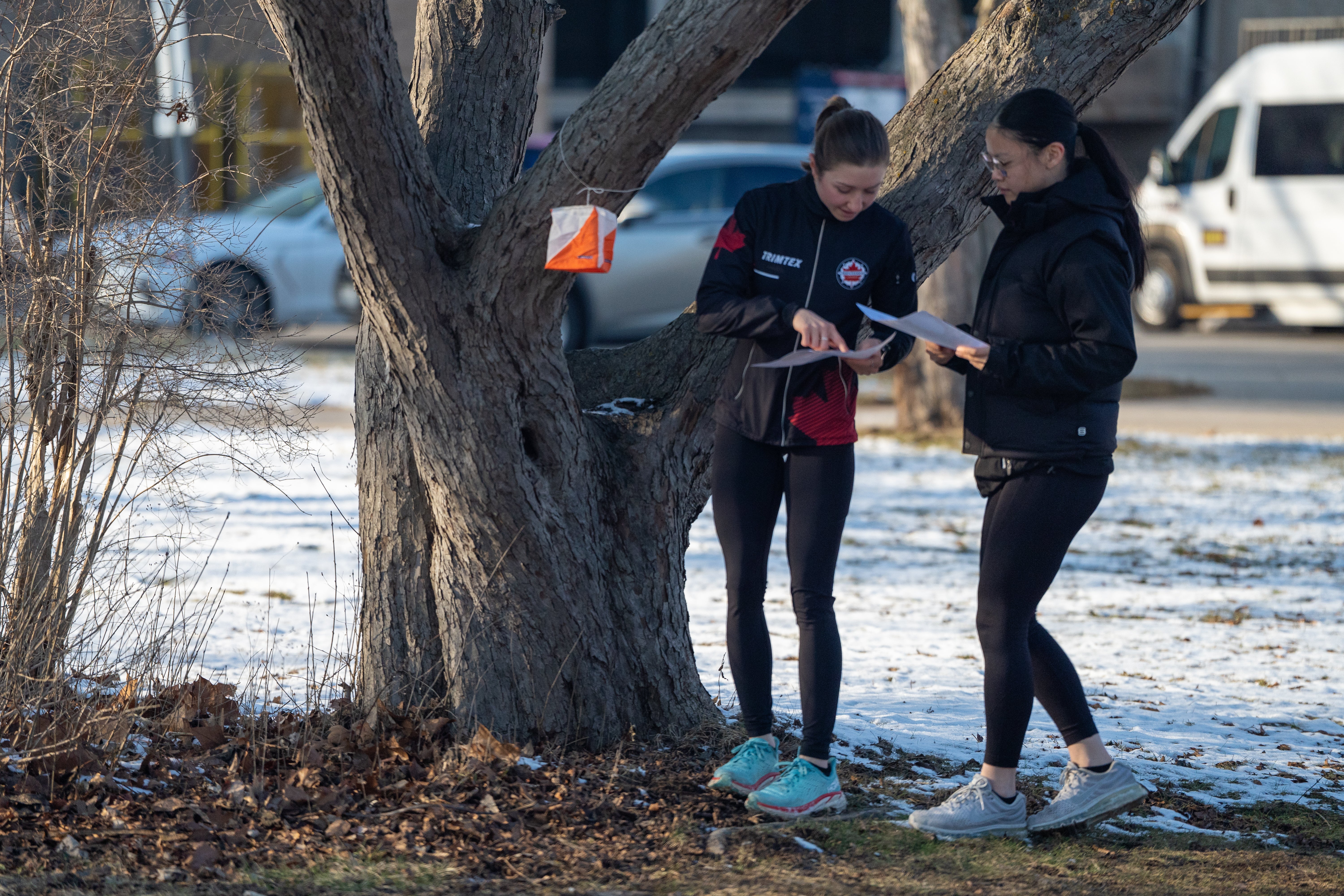Scientists find unusual outdoor activity can help stave off dementia
Using Google Maps to find your way around could increase your risk of developing dementia, researchers say

Your support helps us to tell the story
From reproductive rights to climate change to Big Tech, The Independent is on the ground when the story is developing. Whether it's investigating the financials of Elon Musk's pro-Trump PAC or producing our latest documentary, 'The A Word', which shines a light on the American women fighting for reproductive rights, we know how important it is to parse out the facts from the messaging.
At such a critical moment in US history, we need reporters on the ground. Your donation allows us to keep sending journalists to speak to both sides of the story.
The Independent is trusted by Americans across the entire political spectrum. And unlike many other quality news outlets, we choose not to lock Americans out of our reporting and analysis with paywalls. We believe quality journalism should be available to everyone, paid for by those who can afford it.
Your support makes all the difference.Using Google Maps to find your way around could increase your risk of developing dementia, according to a new study.
Researchers studied orienteering, an outdoor sport that exercises mind and body and can also train the brain, helping fight cognitive decline.
The aim of orienteering is to navigate between checkpoints or controls marked on a special map.
In competitive orienteering, the challenge is to complete the course in the quickest time.
Now scientists say that the sport - which draws on athleticism, navigational skills and memory - could be useful as an intervention or preventive measure to fight cognitive decline related to dementia.
Researchers at McMaster University in Canada believe that the physical and cognitive demands of orienteering, which integrates exercise with navigation, may stimulate parts of the brain that our ancient ancestors used for hunting and gathering.
They explained that the brain evolved thousands of years ago to adapt to the harsh environment by creating new neural pathways.
Those same brain functions are not as necessary for survival today due to modern conveniences such as GPS apps and readily available food.
The research team suggest it is a case of “use it or lose it”.
Study supervisor Professor Jennifer Heisz said: “Modern life may lack the specific cognitive and physical challenges the brain needs to thrive.
“In the absence of active navigation, we risk losing that neural architecture.”
Prof Heisz, Canada Research Chair in Brain Health and Ageing at McMaster University, points to Alzheimer’s disease in which losing the ability to find one’s way is among the earliest symptoms, even in the mildest stage of the disease.
In the study, published in the journal PLoS One, the research team surveyed healthy adults, aged 18 to 87 with varying degrees of orienteering experience.
People who participate in orienteering reported better spatial navigation and memory, suggesting that adding elements of wayfinding into regular workouts could be beneficial over the span of a lifetime.
Study lead author Emma Waddington, a grad student who is also a coach and member of the national orienteering team, said: “When it comes to brain training, the physical and cognitive demands of orienteering have the potential to give you more bang for your buck compared to exercising only.”
She said orienteering is unique because it requires active navigation while making quick transitions between parts of the brain that process spatial information in different ways.
For example, reading a map depends on a third-person perspective relative to the environment.

She said orienteers must quickly translate that information relative to their own positions within the environment, in real time, as they run the course.
However, Ms Waddington said it is a skill which GPS systems have engineered out of modern life.
She said: “That may affect not only our ability to navigate but also affect our spatial processing and memory more generally because these cognitive functions rely on overlapping neural structures.”
The research team suggest there are two simple ways to incorporate more orienteering into daily life: turn off the GPS and use a map to find your way when travelling and challenge yourself - spatially - by using a new route for your run, walk or bike ride.
Ms Waddington added: “Orienteering is very much a sport for life.
“You can often see participants spanning the ages of six to 86 years old engaged in orienteering.
“My long-term involvement in this sport has allowed me to understand the process behind learning navigational skills and I have been inspired to research the uniqueness of orienteering and the scientific significance this sport may have on the ageing population.”





Join our commenting forum
Join thought-provoking conversations, follow other Independent readers and see their replies
0Comments